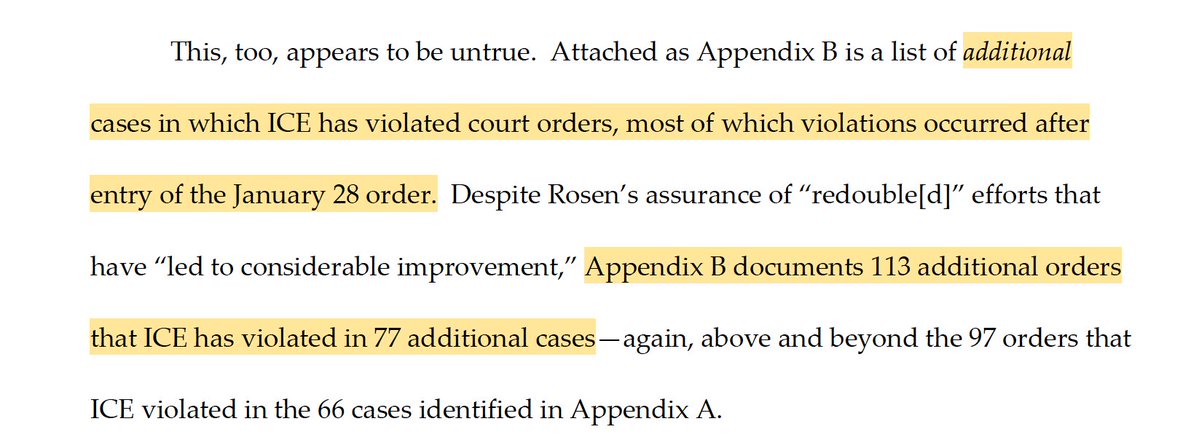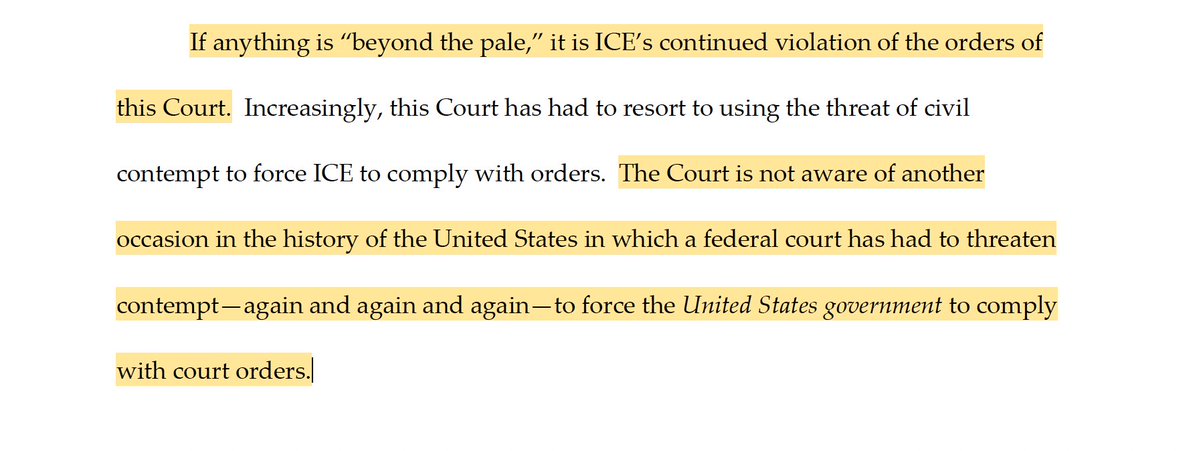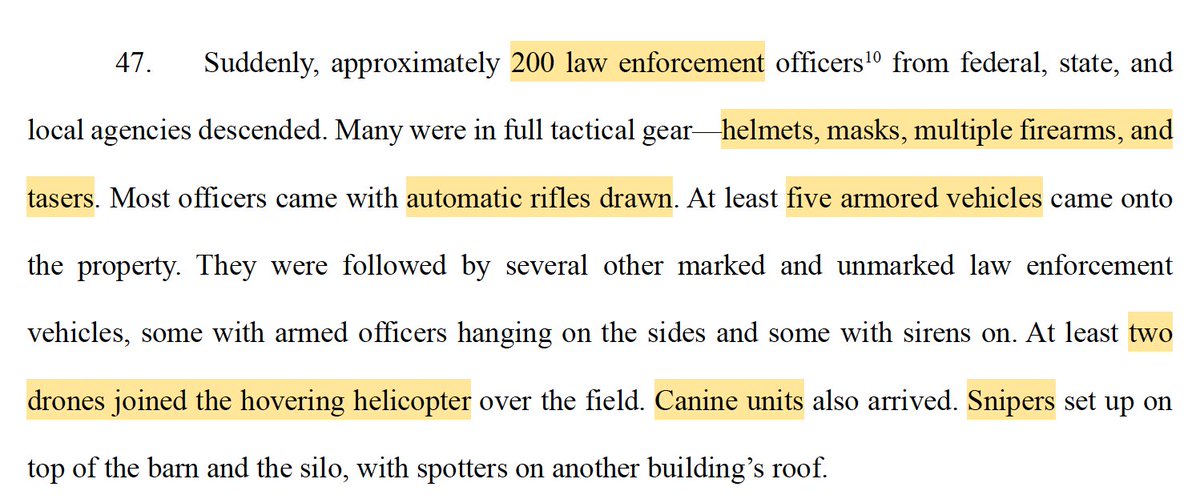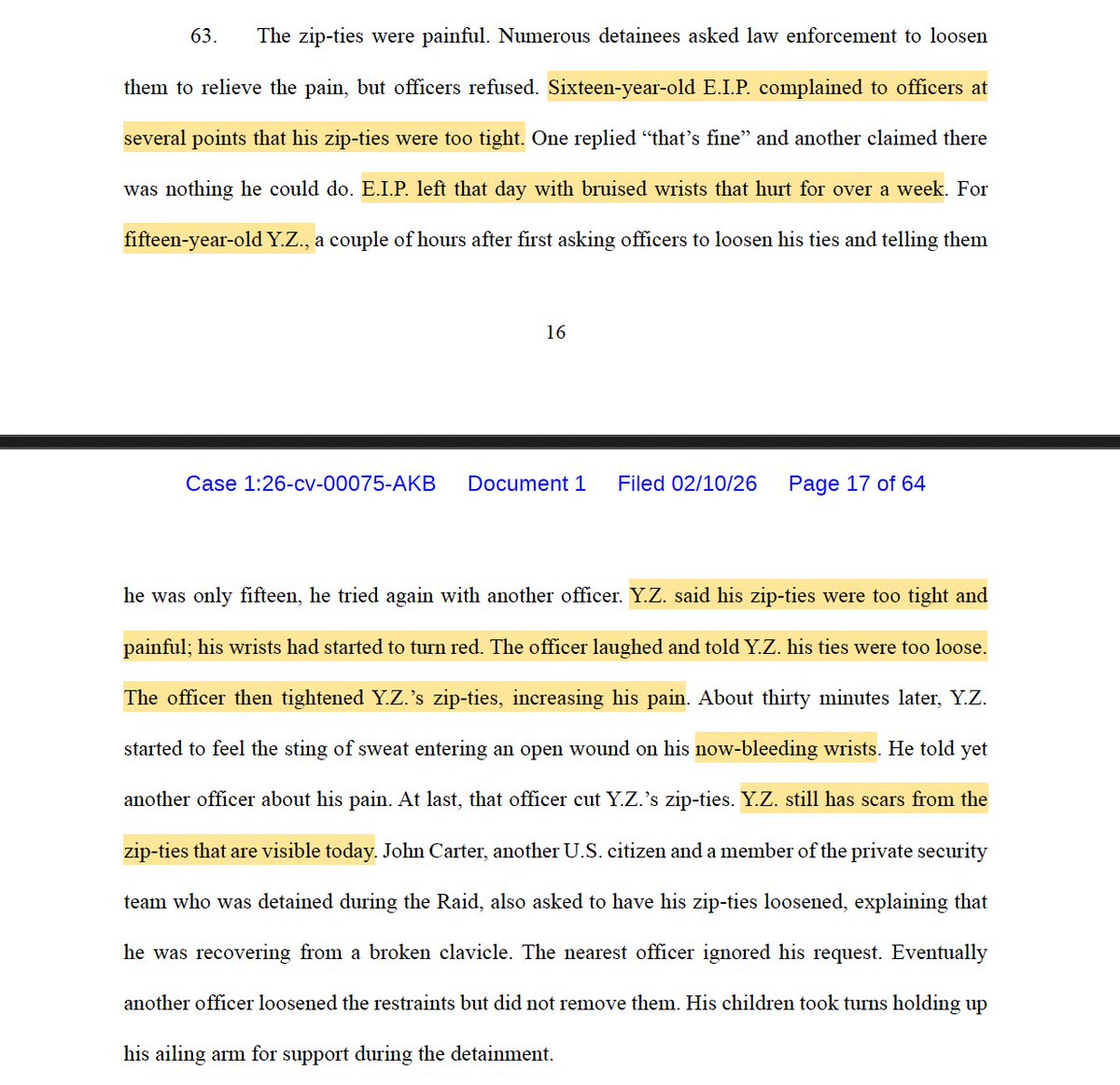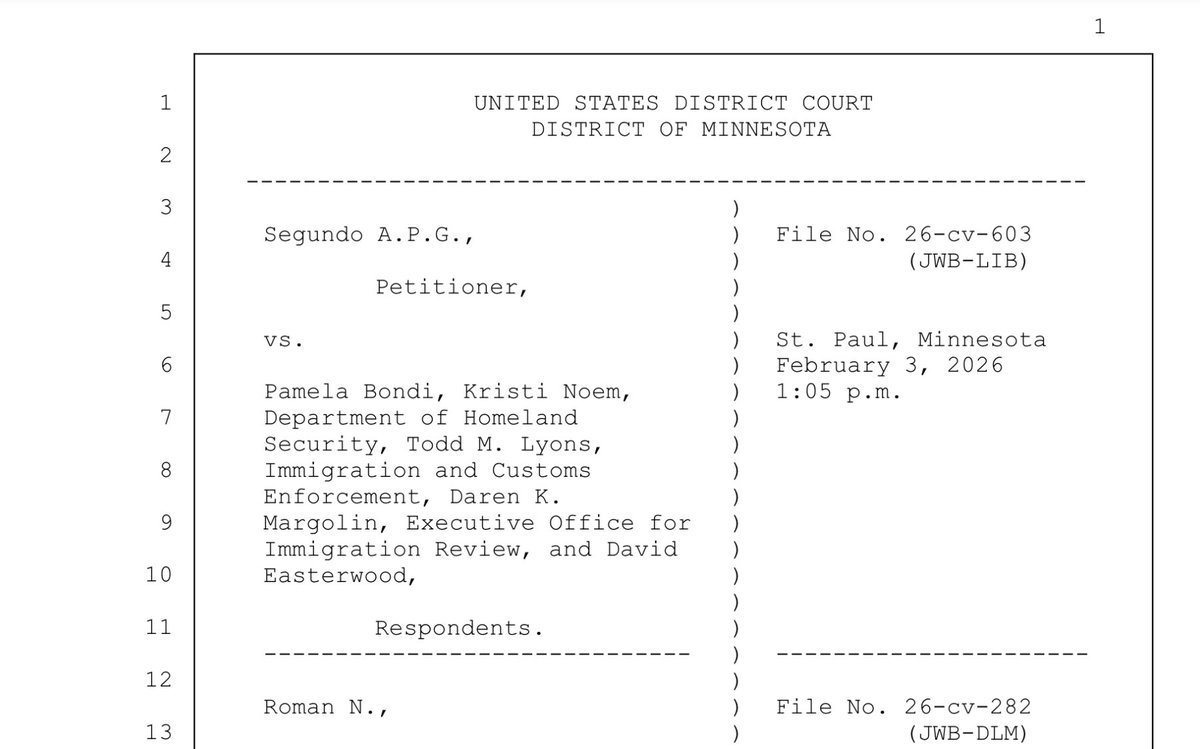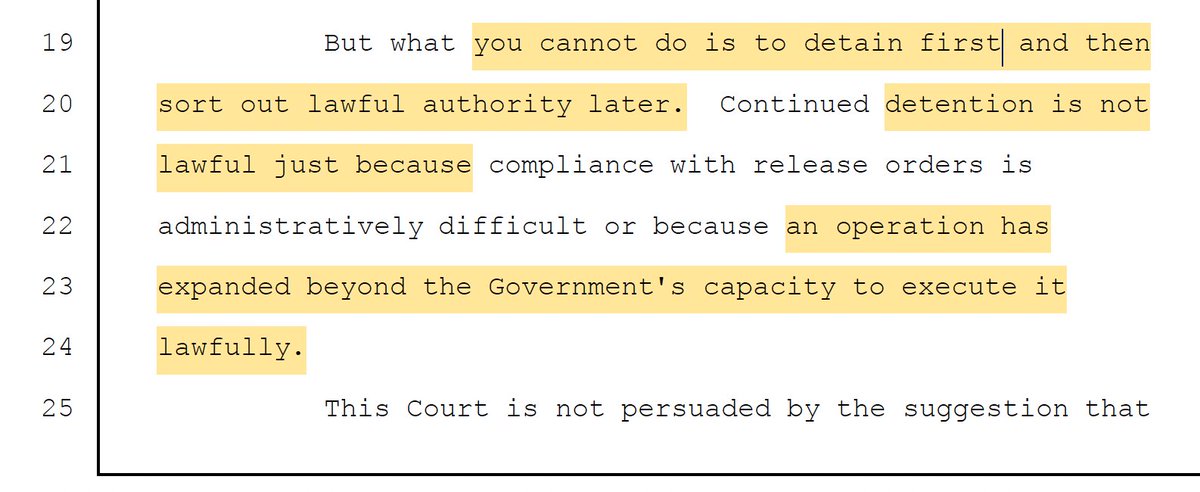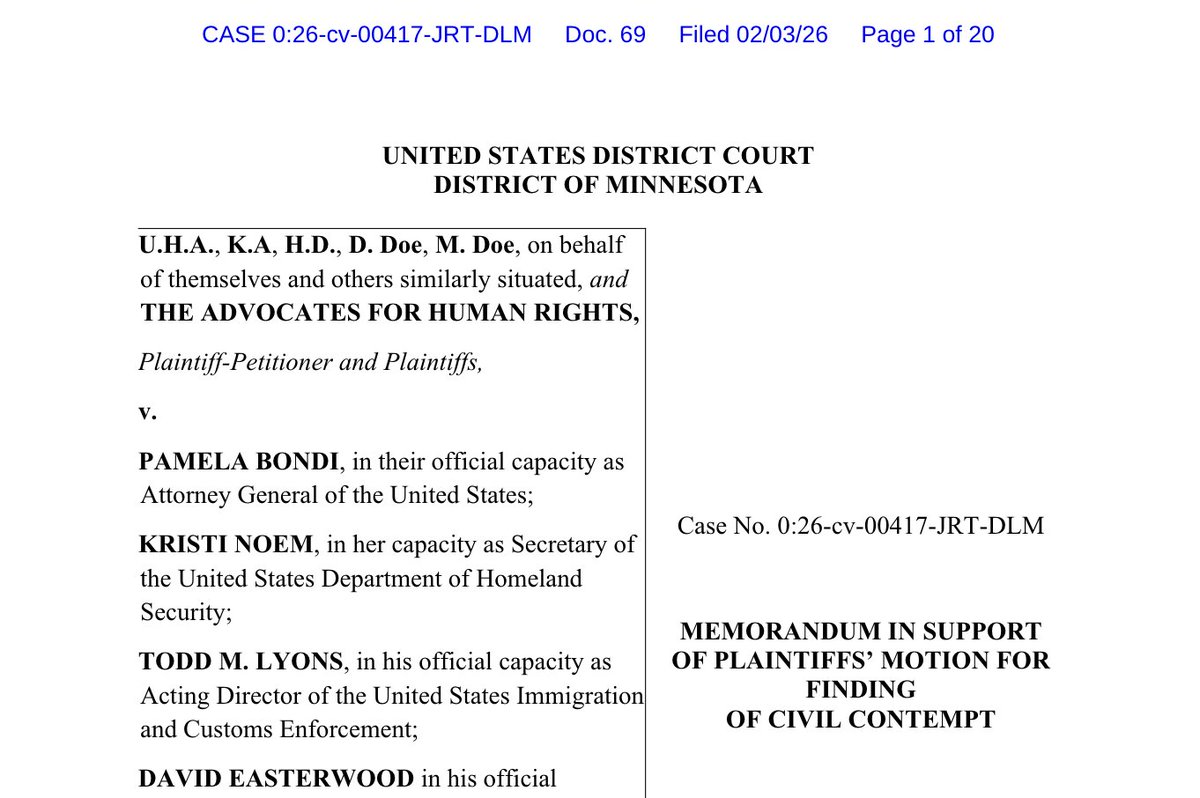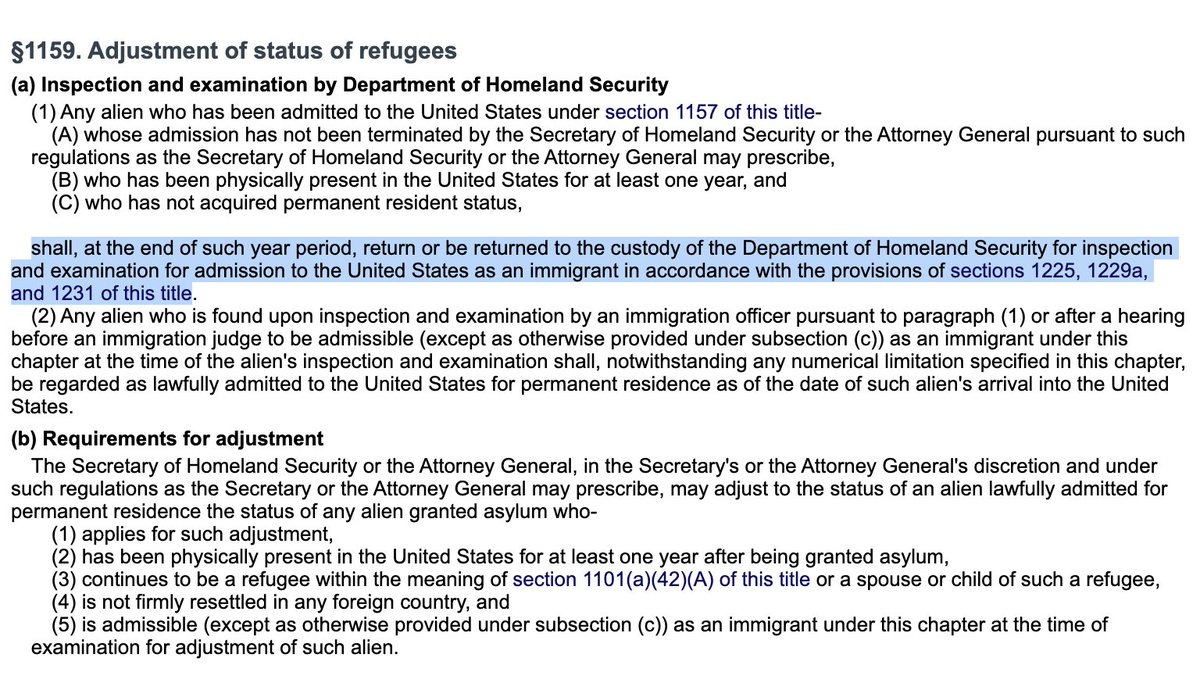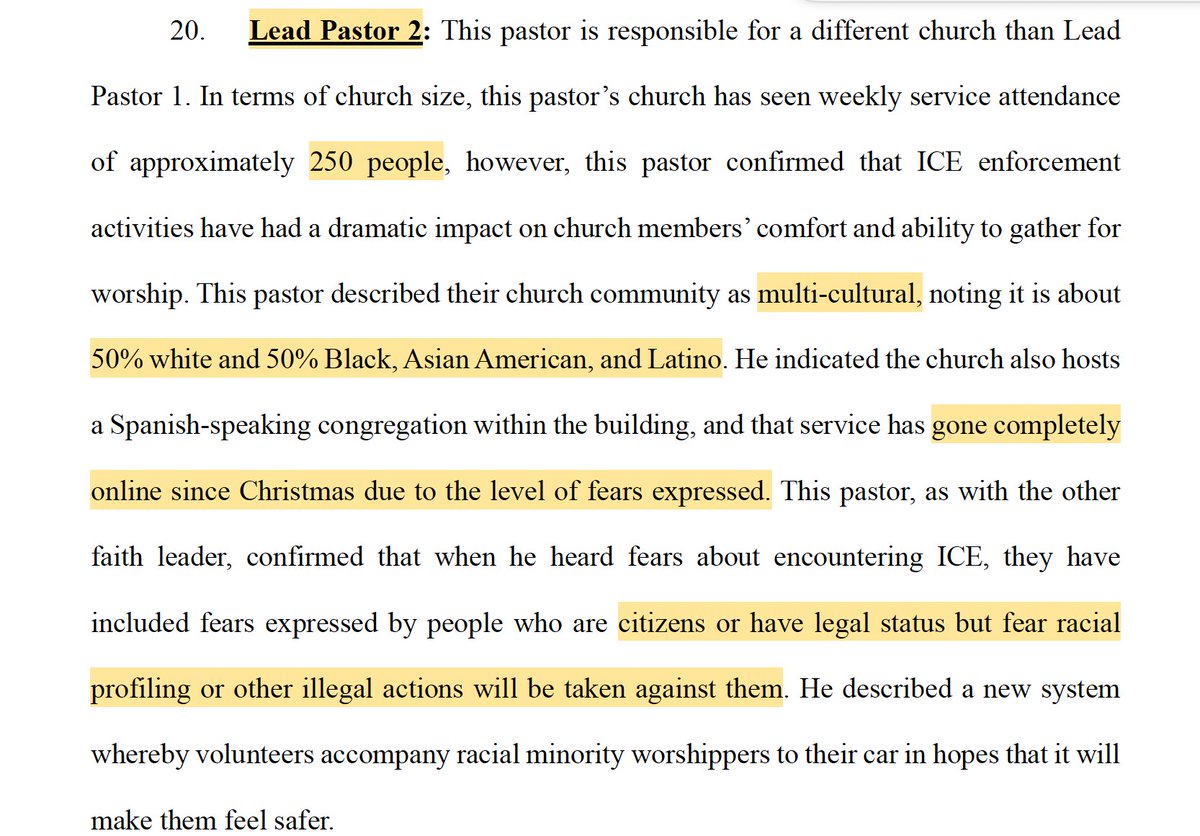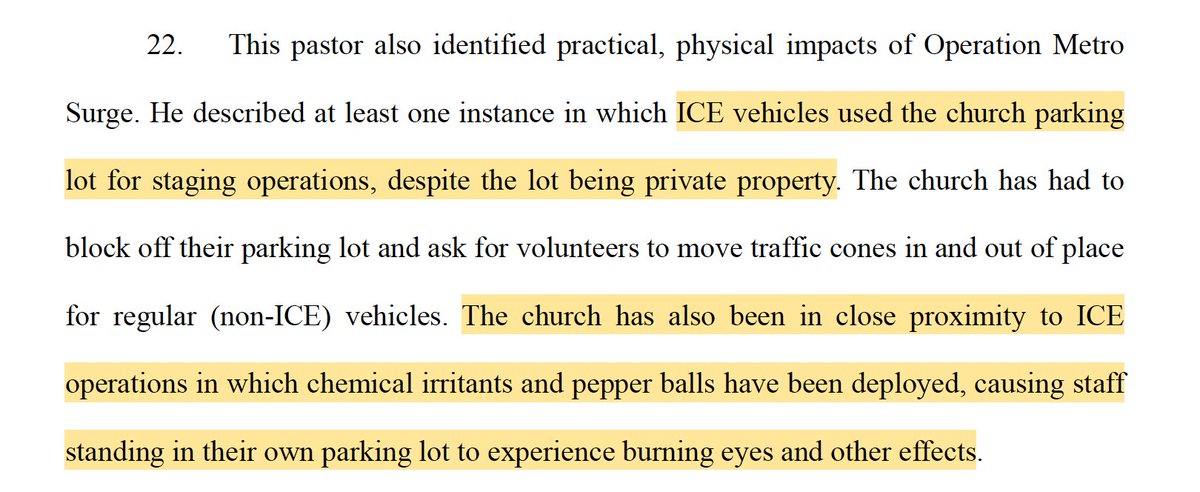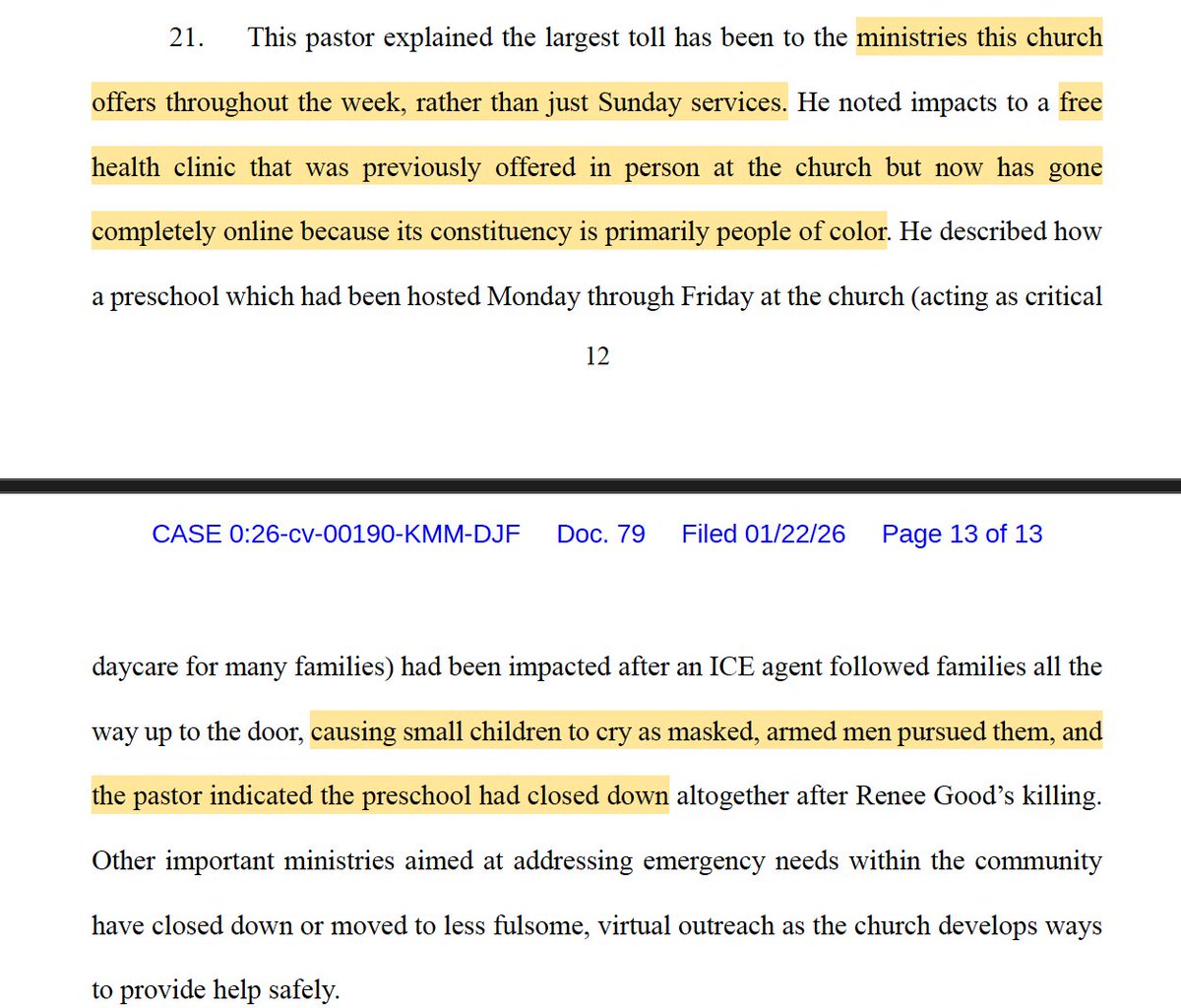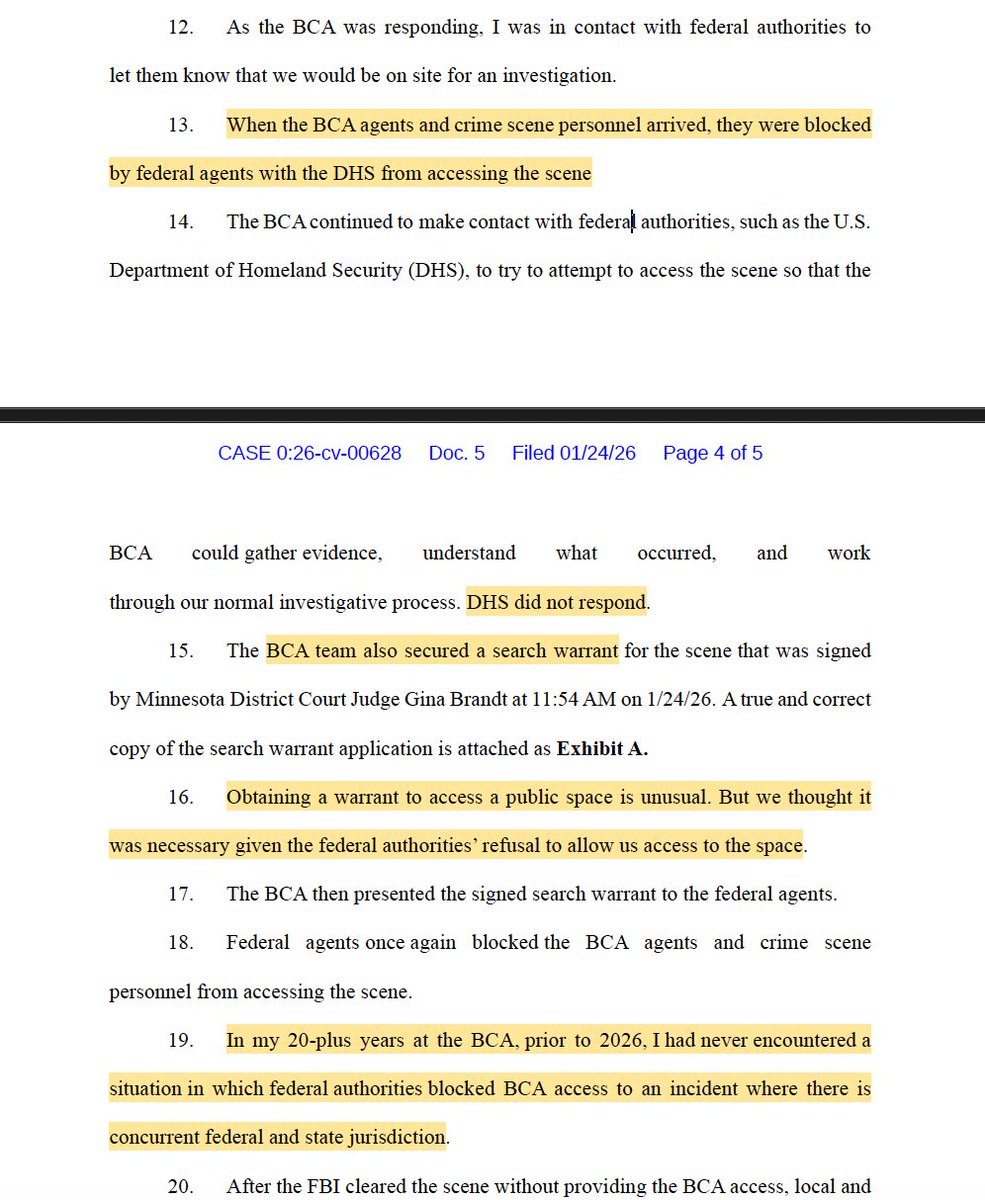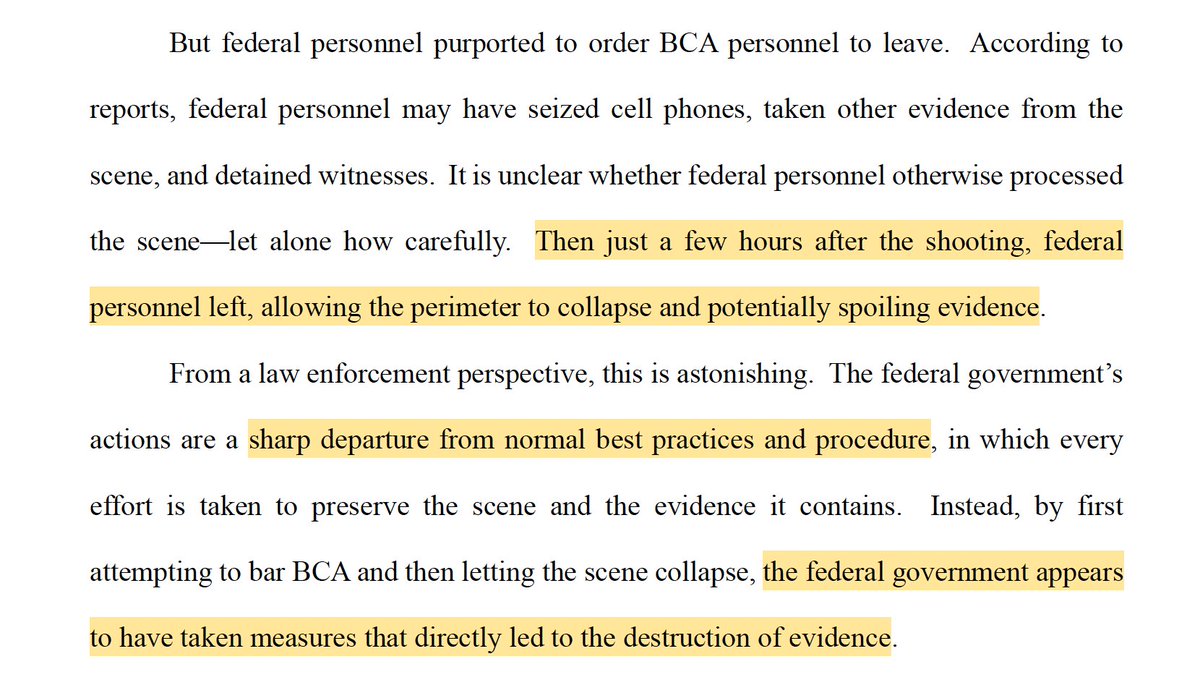Please allow me one more thread on the immunity ruling. The substantial wrench SCOTUS has thrown in the NY case against Trump comes solely from one passage in the decision, section III-C, and it relies on a weird, inexplicable detour in CJ Roberts’ reasoning. ...
1/17
1/17
... Until III-C, the ruling is based on separation of powers arguments & its policy goal is to ensure that presidents can act “without undue caution” & “free from undue pressures & distortions.” But in III-C, Roberts suddenly veers off course into a discussion of jury bias ...
/2


/2


... Until then, remember, his ruling only erects limits on prosecutions for *official* acts.” If he’d stopped there, the ruling would have had had no impact on Trump’s NY convictions, which are for purely unofficial acts. ...
/3
/3
... But in III-C, Roberts turns to whether prosecutors can present official acts as proof of crimes involving unofficial acts. NY prosecutors *did* introduce some such evidence. And this is where Roberts’ reasoning gets so tortured that he loses Justice Barrett (below). ...
/4
/4

... Roberts suddenly raises the specter that, if jurors hear about an official act, even while adjudicating crimes relating to*unofficial* acts, they’ll run a “unique risk” of becoming “prejudiced by their views of the president’s policies and performance while in office.” ...
/5
/5

... Legally, this is beyond strange. 1st, I don’t remember any briefing on this issue. 2d, I don’t think it came up at oral argument. 3d, it has nothing to do with separation of powers. 4th, it has nothing to do with assuring “undistorted” presidential decisionmaking. ...
/6
/6
... 5th, the criminal justice system has many ways to fight jury bias,
beginning with elaborate jury selection processes. 6th—& as Justice Barrett observes below, in rejecting Section III-C —judges can exclude any piece of evidence if they think it’s unduly prejudicial. ...
/7
beginning with elaborate jury selection processes. 6th—& as Justice Barrett observes below, in rejecting Section III-C —judges can exclude any piece of evidence if they think it’s unduly prejudicial. ...
/7

Yet Roberts, with 4 brethren signing on, says that neither jury selection nor evidentiary rules work for ex-presidents with respect to this one narrow category of evidence: official acts. Where does this notion come from? And where does it leave us? ...
/8
/8
... The notion is also psychologically strange. Roberts seems to theorize that a juror’s potential political bias against an ex-president will be manageable so long as the proof involves unofficial acts, yet will spiral out of control if an official act is mentioned. ...
/9
/9
... That makes no sense. In the NY case, for instance, potential jurors were vetted extensively about their views of Trump & politics. Roberts theorizes, tho, that they can only listen fairly to Stormy Daniels; they'll become too biased if they hear from Hope Hicks! ...
/10
/10
... And it’s actually weirder than that. The theory seems to be that the jury can remain fair hearing Hope Hicks describe events from 2016 (during the campaign) but will become too biased if they hear her describe events that occurred in 2018 (when Trump was president). ...
/11
/11
Voir dire either works or it doesn’t. If you think it won’t work for ex-presidents then, logically, you’d also have to bar trying presidents for unofficial acts. But that would make presidents unambiguously above the law & Roberts doesn't want to admit he's doing that. ...
/12
/12
... So he makes this illogical compromise with himself. He’ll nominally permit prosecutions for unofficial acts but he’ll exclude *evidence* of official acts—which may end up sabotaging those prosecutions too. Like, oh, say, just for instance, People v Trump in NY. ...
/13
/13
... How does a mind like CJ Roberts’—who was one of the finest supreme court advocates of his generation—take an unbriefed whim like this and create from it such an illogical obstacle to prosecuting ex-presidents for even *unofficial* acts? ...
/14
/14
... And how do 4 other justices sign on?
The standard euphemism for 6-3 or 5-4 rulings like this one is to say that the justices voted along “ideological” lines. Here, that’s strained, though...
/15
The standard euphemism for 6-3 or 5-4 rulings like this one is to say that the justices voted along “ideological” lines. Here, that’s strained, though...
/15
... The majority’s ostensible ideologies—originalism, textualism—offer no explanation for the policy-driven outcomes of this case, as conservative critics have noted. (Below.) Even “expansive” views of exec power can’t explain the illogic of III-C ...
/16
bit.ly/45RQaa9
/16
bit.ly/45RQaa9
... Politics, tho, might. Subconsciously, might Republican appointees want their party’s candidate’s crimes to go away? Subconsciously, might they sense that they prefer writing majority rulings to dissents & that, with a Democratic Prez, that could change? Hmm.
/17-end
/17-end
• • •
Missing some Tweet in this thread? You can try to
force a refresh



